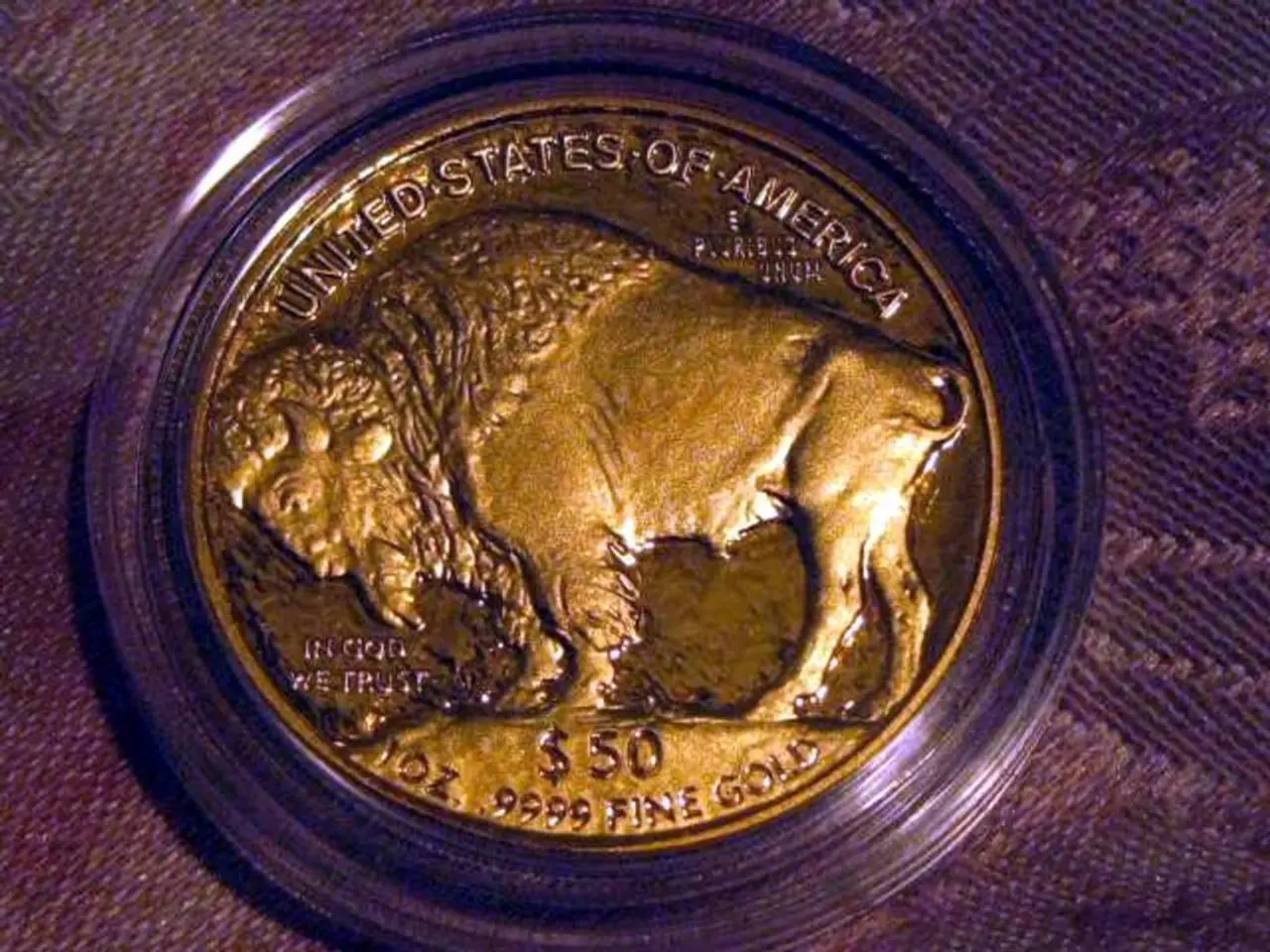Walmart Scale-down of Direct-to-Consumer Brands: Understanding the Motive Behind the Retail Giant's Offloads
In a strategic move aimed at evolving its retail model, American retail giant Walmart has announced the sale of multiple direct-to-consumer (DTC) brands, including Moosejaw, Bonobos, and Eloquii. This decision aligns with current industry trends that prioritise sustainable profitability, omnichannel integration, and deeper customer relationships.
The company is moving away from owning standalone DTC brands towards a broader omnichannel approach that seamlessly integrates online and physical retail experiences. Walmart's focus is now on initiatives like "Walmart Deals," available both online and in-store, and enhancing its Walmart+ membership benefits to drive cross-channel sales and improve the customer experience.
This shift in strategy is evident in Walmart's recent sales, such as the $75M sale of Bonobos to Express and WHP Global, and the sale of Moosejaw to Dick's Sporting Goods. Eloquii, another DTC brand, is no longer part of Walmart's portfolio. Notably, The Shoes.com website has been sold again, this time to the owner of DSW, and Walmart has sold ModCloth to a financial firm.
These sales mark a significant change in Walmart's approach, reflecting an industry-wide evolution where legacy retailers like Walmart integrate digital and physical shopping channels instead of relying solely on standalone DTC models. This strategic pivot helps Walmart better compete with ecommerce giants like Amazon by leveraging its strength in physical retail while innovating its digital offerings.
The podcast episode of The Backroom, a show that provides insights into the stories and trends reshaping retail, discusses the implications of these sales for Walmart's future strategy. Other podcast episodes, available on Apple Podcasts, Stitcher, iHeartRadio, and Spotify, can be found on Retail Dive's platform.
It's important to note that during the same time frame, Walmart also invested in e-commerce companies including Jet, Modcloth, and Shoes.com. This indicates a continued shift in Walmart's strategy towards focusing more on its core business.
In essence, Walmart's decision to sell off these DTC brands is a testament to the industry's evolution, where retailers are integrating digital and physical shopping channels to stay competitive in the ever-changing retail landscape. This strategic pivot is a step towards a more streamlined and profitable future for Walmart.
- Walmart's sale of DTC brands like Bonobos, Moosejaw, and Eloquii signals a transition from standalone brands to a broader omnichannel approach that merges online and physical retail experiences.
- The company's focus now lies in initiatives like "Walmart Deals" and improving Walmart+ benefits, aiming to drive cross-channel sales and enhance customer experiences.
- This strategic change is apparent in recent sales, such as the $75M sale of Bonobos to Express and WHP Global, and the sale of Moosejaw to Dick's Sporting Goods, reflecting the industry-wide shift towards integrating digital and physical shopping channels.
- By selling these brands, Walmart better competes with ecommerce giants like Amazon, leveraging its physical retail strength while innovating digital offerings.
- Interestingly, Walmart has also invested in e-commerce companies, indicating a focus on its core business and a continued shift towards a more streamlined future in the ever-changing retail landscape.




